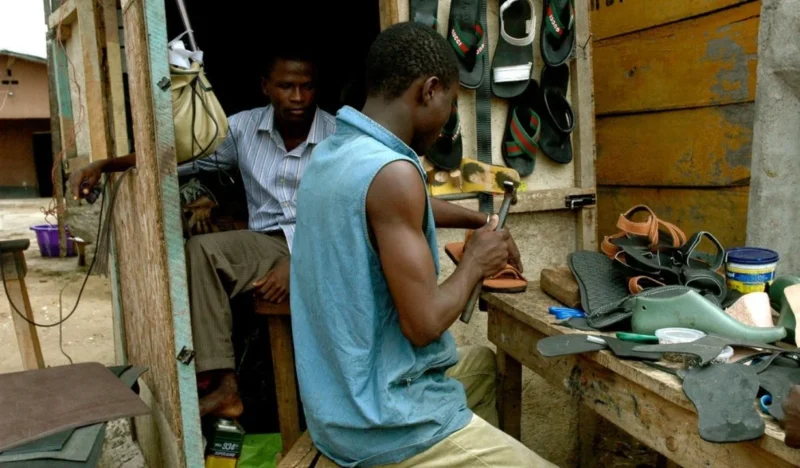The Anambra State House of Assembly has advanced a bill to its second reading in a proactive move aimed at revitalizing and formalizing the traditional Igbo apprenticeship system. The proposed legislation, titled the “Anambra State Igbo Apprenticeship Bill 2024,” seeks to establish a regulatory framework to oversee and enhance the Igbo apprenticeship system, popularly known as ‘Igba Boi.’
The bill, introduced by Mr. Ejike Okechukwu, the representative for Anaocha Constituency II, underscores the importance of regulating the apprenticeship scheme to foster profitability and reduce unemployment rates in the state. Okechukwu emphasized the historical significance of the apprenticeship system, highlighting its role as a major source of employment and economic empowerment in the South East region during the 70s, 80s, and 90s.
According to Okechukwu, the decline of the apprenticeship system in recent years can be attributed to issues such as unfair treatment of trainees by their masters, lack of compensation upon completion of apprenticeship, and perceived inefficiencies in the system. The proposed bill aims to address these challenges by establishing a commission tasked with overseeing the apprenticeship program and creating a database to match individuals with their desired trades or businesses.
“The ultimate objective of the bill is to create employment opportunities and improve trade and commerce in the state,” Okechukwu stated, emphasizing the need to safeguard the rights of both apprentices (‘trainees’) and their mentors (‘Ogas’). The bill seeks to formalize agreements between apprentices and their mentors, ensuring fair treatment and compensation for trainees upon completion of their apprenticeship.
The Igbo apprenticeship system, also known as Igba-Odibo, Igba-Boi, Imu-Ahia, or Imu-Oru, is deeply rooted in Igbo culture and tradition. It consists of formal and informal contracts designed to cultivate entrepreneurial spirit and vocational skills within the Igbo community. Originating in the South-Eastern part of Nigeria, the apprenticeship system aims to spur economic growth and stability by investing in human resources through vocational training.
During the apprenticeship training period, individuals acquire various skills, including technical, managerial, and interpersonal skills, which are essential for success in entrepreneurship and business management. These skills encompass a wide range of areas, including forecasting, inventory control, supply-chain management, quality control, bookkeeping, and accounting.
The impact of the apprenticeship system extends across diverse industries and sectors in which the Igbo community is involved, including transportation, construction, manufacturing, real estate, commerce, ICT, artisanship, film, automotive, and more. Through hands-on training and mentorship, apprentices gain practical experience and expertise in their chosen fields, contributing to economic development and job creation in the region.
As the Anambra State House of Assembly deliberates on the proposed Igbo Apprenticeship Bill 2024, stakeholders anticipate its potential to revitalize and formalize the apprenticeship system, paving the way for sustainable economic growth and prosperity in the state. The bill’s provisions aim to preserve the rich cultural heritage of the Igbo apprenticeship tradition while aligning it with contemporary practices and regulatory standards, ensuring its relevance and effectiveness in the modern era.
















